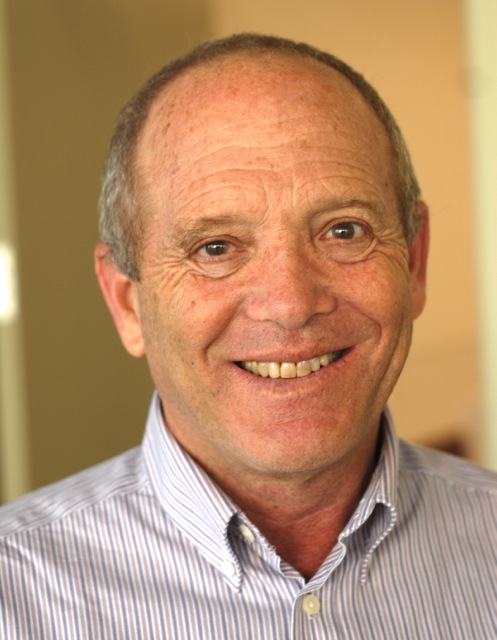Drought Lessons from Israel, Part 2
Drought Lessons from Israel, Part 2
Drought-Stricken Israel has Plenty of Water
By Patrick Cavanaugh, Deputy Editor
Israel is a drought-stricken country, yet they have plenty of water for farming and for their cities. What can California learn from these drought lessons from Israel?
Uri Shani, a Hebrew University of Jerusalem, Faculty of Agricultural, Food and Environmental Quality Sciences, professor and former director of the Israel Water Authority during the high-stress drought six years ago, said Israel reached its current water-secure status using recycled water from cities and commissioning seven desalination plants along the Mediterranean Sea. Shani said, “Clean, desal water is used by everybody, even the farmers; however, they mostly use the recycled water from the cities. The advantage of desalinated water over recycled water is improved quality because it comes from natural water that is cleaner and less salty.”
“Of course the desal water that goes to the cities is then recycled,” explained Shani, “which goes to the farmers. We’ve solved the water quality problem in irrigation by generating more desal water, as it is not expensive anymore.”
Shani summarized, “In the competition between the cities and the farmers, the farmers will lose by definition because you must supply drinking water. So, when water is limited, the farmers will lose; there is no question about it. Now, the possibility of getting more water will always favor the farmer,” he said.
_______________________
Links
Hebrew University of Jerusalem, Faculty of Agricultural, Food and Environmental Quality Sciences









